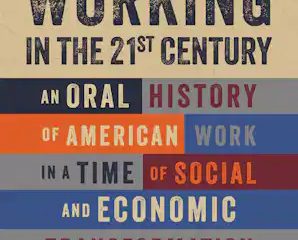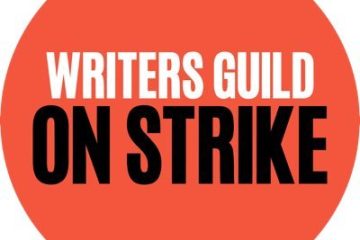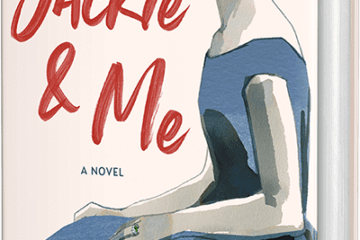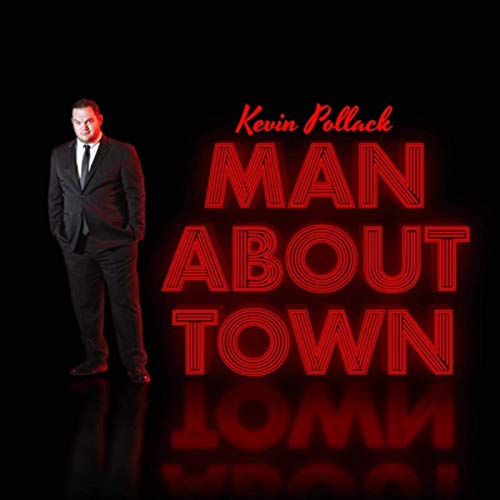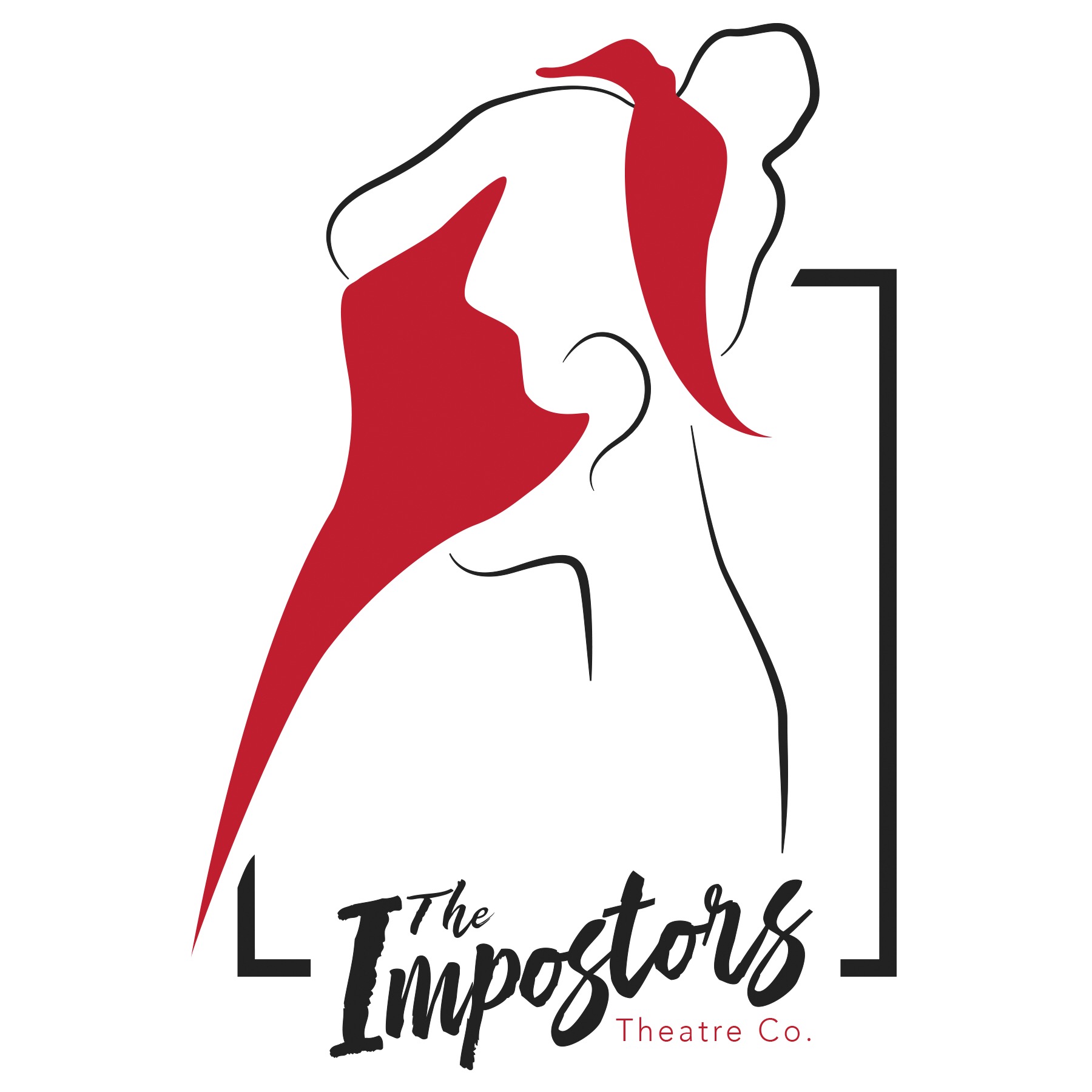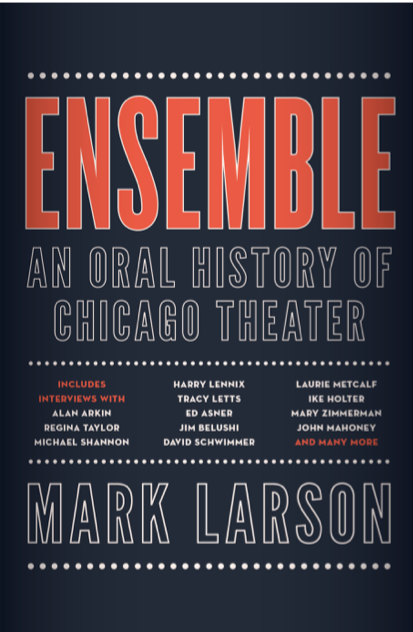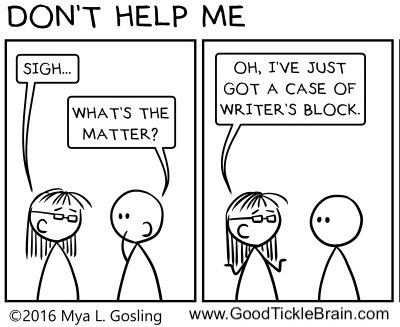Mark Larson’s ‘Working’
Mark Larson, the author of Ensemble: An Oral History of Chicago Theatre, returns to the podcast to talk about his newest book, Working in the 21st Century: An Oral History of American Work in a time of Social and Economic Transformation, a powerful and insightful collection of interviews that gives a megaphone to some important but quiet voices. Mark reveals how this latest book is timed to the 50th anniversary of Studs Terkel’s classic oral history Working; the joys of serendipity; how subjects reveal themselves to interviewers; the important work of giving a megaphone to quiet voices; and the path towards making this new Working a classroom staple (and maybe a Broadway musical). (Length 18:02)
Podcast: Download (20.7MB)
